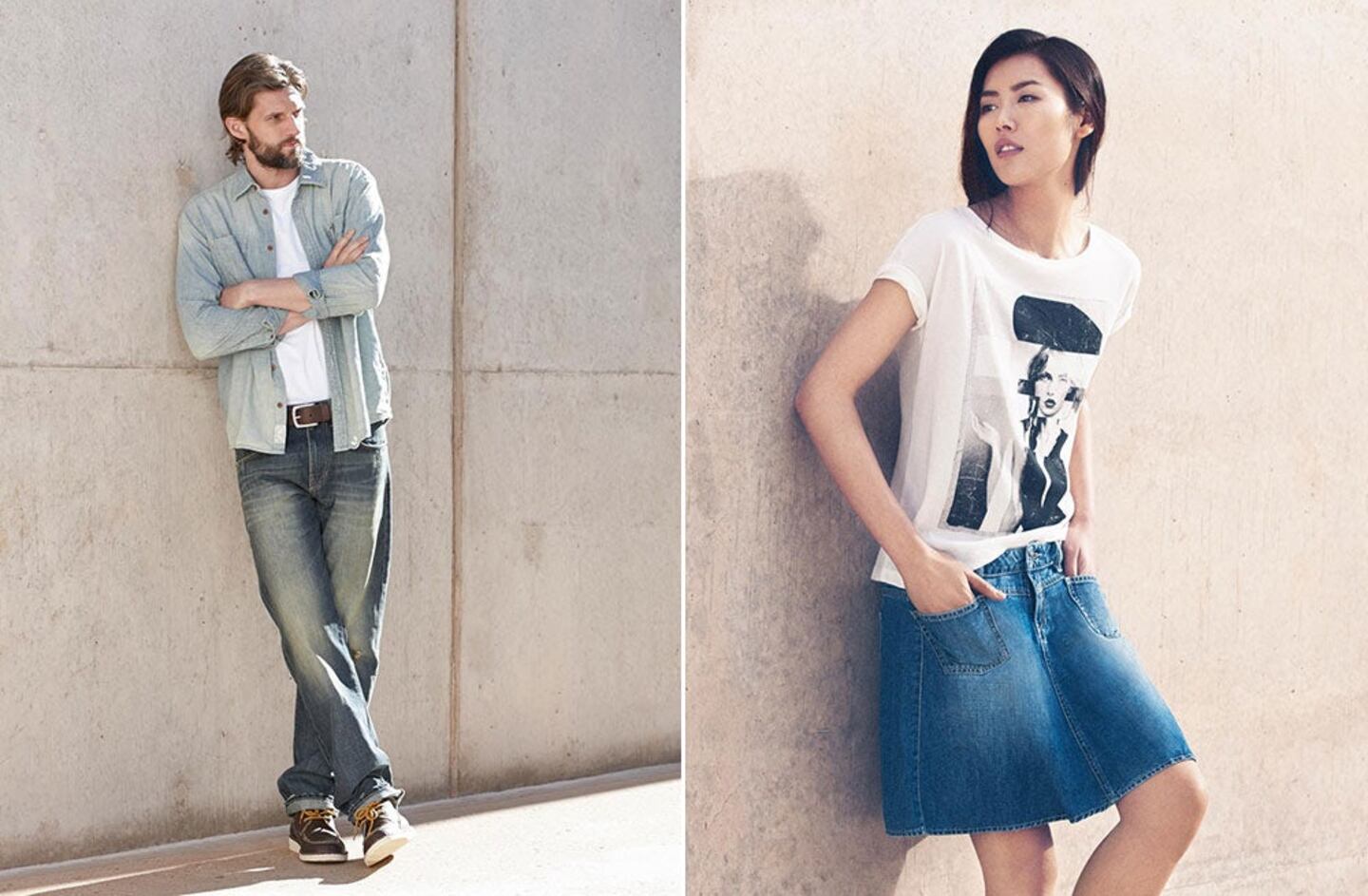
The Business of Fashion
Agenda-setting intelligence, analysis and advice for the global fashion community.

Agenda-setting intelligence, analysis and advice for the global fashion community.

HONG KONG, China — Fashion group Esprit Holdings on Tuesday posted a bigger loss for the first half amid changes in consumer behaviour, price competition and reduced customer traffic across its distribution channels due to weakness of its brand.
The Europe-focused clothing retailer reported a net loss of HK$1.77 billion ($2.25 million) for the six months ended December, including a HK$924 million ($118 million) loss on provision for store closures and leases. That compared with a net loss of HK$954 million ($122 million) in the year-ago period.
Revenue slid to HK$6.77 billion from HK$8.04 billion.
Esprit said in November that it would cut about 40 percent of its non-store jobs and reduce the number of products it sells in stores as it restructures in the wake of tough competition from online and fast-fashion retailers.
ADVERTISEMENT
To deal with the challenging environment, the apparel group said it would shut loss-making stores, restructure cost base and improve products offering, while time would be needed to draw customers back into its stores.
"Looking ahead, the group expects the next two financial years to be a period of transition," Esprit said in a filing to the Hong Kong bourse, adding underlying operating profit was expected to achieve breakeven in two to three years' time.
The group expects its revenue to further decline in the next two financial years due to closure of loss-making stores.
Shares of Esprit have risen 30.8 percent so far this year after a 62.74 percent plunge in 2018. That compared with an 11.3 percent gain in the benchmark index so far in 2019.
By Donny Kwok; editor: Gopakumar Warrier.
With consumers tightening their belts in China, the battle between global fast fashion brands and local high street giants has intensified.
Investors are bracing for a steep slowdown in luxury sales when luxury companies report their first quarter results, reflecting lacklustre Chinese demand.
The French beauty giant’s two latest deals are part of a wider M&A push by global players to capture a larger slice of the China market, targeting buzzy high-end brands that offer products with distinctive Chinese elements.
Post-Covid spend by US tourists in Europe has surged past 2019 levels. Chinese travellers, by contrast, have largely favoured domestic and regional destinations like Hong Kong, Singapore and Japan.